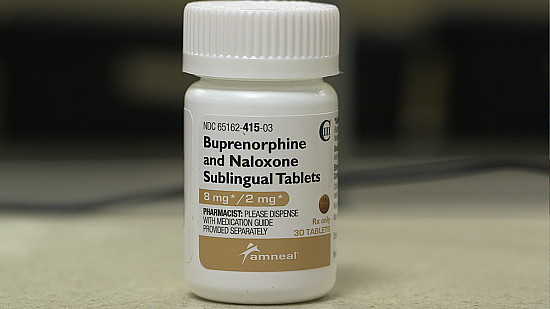Heavy drinkers aren’t necessarily alcoholics, but may be “almost alcoholics”

ARCHIVED CONTENT: As a service to our readers, Harvard Health Publishing provides access to our library of archived content. Please note the date each article was posted or last reviewed. No content on this site, regardless of date, should ever be used as a substitute for direct medical advice from your doctor or other qualified clinician.
Nearly one-third of American adults are “excessive” drinkers, but only 10% of them have alcohol use disorder (alcoholism). Those numbers, published yesterday in a national survey, shine a new light on alcohol consumption in America.
“This study shows that, contrary to popular opinion, most people who drink too much are not alcohol dependent or alcoholics,” said Dr. Robert Brewer, Alcohol Program Lead at the Centers for Disease Control and Prevention (CDC) and one of the report’s authors, in a press release.
The term excessive drinking covers several different groups.
- Binge drinkers: men who have more than five drinks on one occasion or women who have more than four drinks
- Heavy drinkers: men who have more than 15 drinks in a week or women who have more than eight drinks
- Women who drink during pregnancy
- Anyone under age 21 who drinks
Alcoholism, now formally known as alcohol use disorder, is a medical condition that applies to individuals who have strong cravings for alcohol, can’t control their drinking, show withdrawal symptoms if they stop drinking, and continue to drink despite health or other alcohol-related problems.
The new study, done by researchers with the CDC and the Substance Abuse and Mental Health Service Administration, found that about 70% of all American adults drink alcohol at least now and then, about 30% report excessive drinking, and 3.5% have alcohol use disorder. It is higher among heavy drinkers (10%) and binge drinkers, ranging from 4% among those who report binge drinking once or twice a month to 30% among those who binge drink 10 times or more in a month.
Almost alcoholic
The knowledge that only 10% of heavy drinkers are alcoholic may be reassuring, but that doesn’t mean the other 90% aren’t have problems with drinking. I spoke with Joseph Nowinski, PhD, coauthor of Almost Alcoholic. In the book, Nowinski, a clinical psychologist in private practice, and coauthor Robert Doyle, MD, a psychiatrist at Harvard-affiliated Massachusetts General Hospital, describe how drinking negatively affects up to one third of drinkers who aren’t classified as having alcohol use disorder.
“There are many people in the almost alcoholic zone who are having alcohol-related problems with their health, their relationships and social lives, and even their work, but who don’t connect the dots between these problems and their drinking,” says Nowinski. “These people dismiss the possibility of being an alcoholic—and they truly don’t qualify under current definitions—but may need to take a step back to look at how drinking is affecting their lives.”
You can find out where you fall on the by taking the Where Do You Fit in the Drinking World? quiz that Nowinski and Doyle developed for their book. If your score is 9 or above, the suggestions and solutions in Almost Alcoholic may be helpful.
Patterns matter
The National Institute on Alcohol Abuse and Alcoholism categories low-risk drinking as 14 or fewer drinks a week for men and 7 or fewer drinks a week for women. But how those drinks are spread out over the week matter. A woman who has a drink a day is different from one who has three drinks on Friday and four on Saturday.
A drink a day, especially with a meal, has been linked to lower risks for heart disease, diabetes, and a host of other conditions. But seven drinks in a day can lead to an inflammatory response that tips health in the other direction.
“This may be important as we approach the holiday season and festivities invite heavier alcohol consumption,” says Doyle.
About the Author

Patrick J. Skerrett, Former Executive Editor, Harvard Health Publishing
Disclaimer:
As a service to our readers, Harvard Health Publishing provides access to our library of archived content. Please note the date of last review or update on all articles.
No content on this site, regardless of date, should ever be used as a substitute for direct medical advice from your doctor or other qualified clinician.















